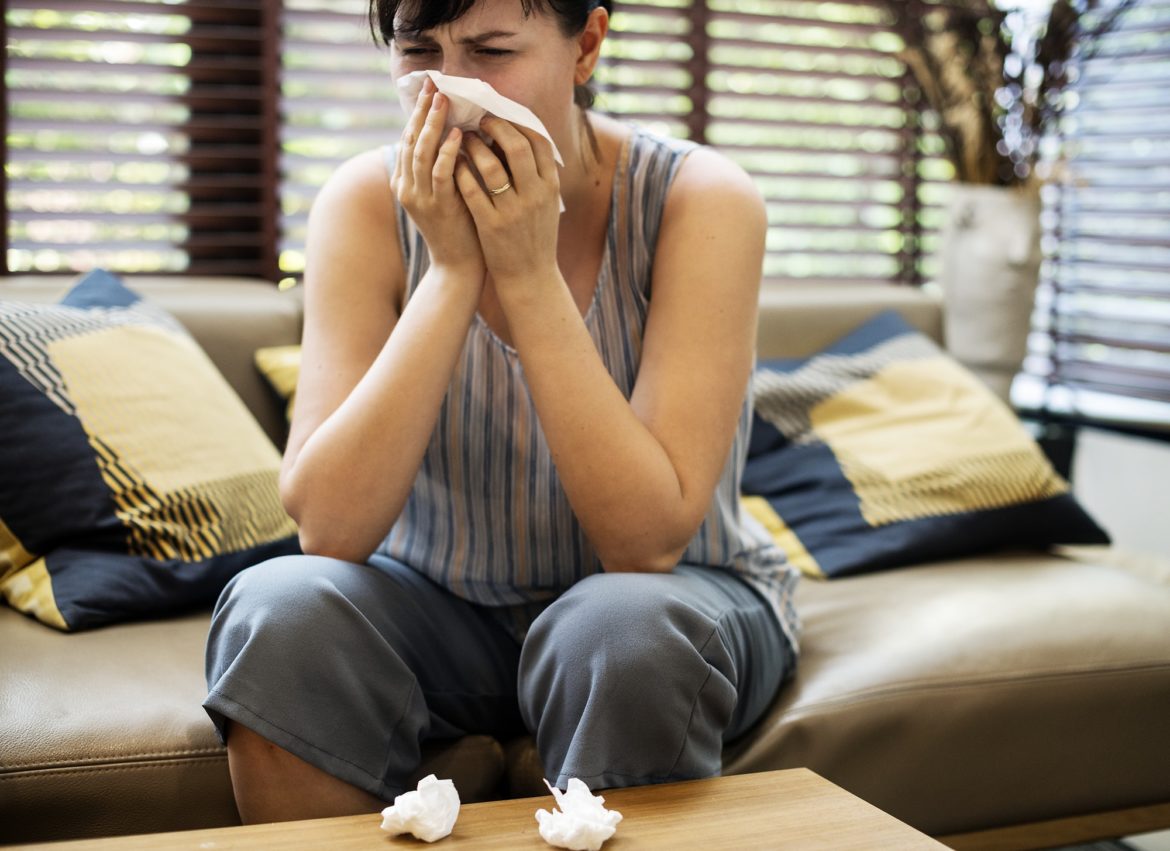Culture Trip Founder Dr. Kris Naudts…and Some News.
fast_forward 00:00:08 – Does Anthony Hate Kids? – – fast_forward 00:00:30 – JAL Seat maps show where the kids are. – – fast_forward 00:02:38 – Hyatt's got a brand new […]
 play_arrow
play_arrow
Anthony’s Philippines: “It was an Adventure” Jake Redman
 play_arrow
play_arrow
Anthony’s Amazing Singapore: “Toe Dipping” Point of SE Asia Jake Redman
 play_arrow
play_arrow
Anthony’s Ireland: Hellman’s Makes Ketchup Too Jake Redman
 play_arrow
play_arrow
Dallas, Disney and Deals. Our 100th Episode. Jake Redman
 play_arrow
play_arrow
AirBnB Cancels Some Cancelling & Jake Thinks Charlotte is a Beach Town Jake Redman

No matter how much you try, there will always be that cold that you just couldn’t fend off before a vacation or business trip. But what about the stuff you pick up while you’re away? From the annoying to the downright nasty, guest blogger J. Lang Wood explores common travel sicknesses and how to combat the worst of them. Just remember: This post is for informational purposes only and not intended or implied to be a substitute for professional medical or mental health advice, diagnosis, or treatment. If you think you may have a medical emergency, call your doctor, go to the emergency department, or call 911 immediately. *JR
Traveling is always exciting and enjoyable, but the experience can be ruined when small illnesses strike. Some travel illnesses are common and can be avoided with good hygiene and attention to what you eat and drink. Other illnesses can occur no matter what precautions you take. Keeping a small “medical kit” with you while you travel can help you to stay healthy and comfortable no matter where you roam.
Common Cold
The common cold can strike when the lack of humidity on flights causes nasal passages to dry out, making them vulnerable to attack by cold viruses. When traveling, your hands often touch surfaces that many other people have touched, so cold viruses can be easily spread.
Solutions: Stay hydrated by drinking plenty of water. Nasal sprays can help to keep nasal passages moist to resist cold viruses. Eat a healthy diet and drink fruit juices. Pack some zinc lozenges and cold pills in case you get the sniffles.

Ear Problems
Ear problems when traveling can be related to cold symptoms, but you can also get “airplane ear” just from the descent of your flight. The fluid and air in ear passages can shift causing pain, a feeling of fullness and deafness. Sometimes, your hearing can be affected for several days after a flight.
Solutions: Eardrops are generally of little use for this problem. Yawning and swallowing can also help open ear passages. Some people find relief with the Valsalva method. In this technique, you pinch the nostrils shut and gently blow air back into your nose, as if you were blowing your nose. This action helps to reduce the pressure on the eardrum and relieves the deafness. Many people swear by chewing gum during flights to keep the jaws moving and ear canals open. Pack a few sinus pills to help keep sinuses and ear passages open.
Sunburn
Long days on the beach or on walking tours of a new city can cause severe sunburns that can make you miserable. Even cloudy days in some tropical locations can leave you with a serious, painful burn.
Solutions: Always apply sunscreen with a 30 or greater SPF value at the beginning of the day, and re-apply frequently after being in the water or after sweating. Pack a small tube of aloe vera in case you neglect to apply often enough, and your skin needs a bit of soothing.
Dehydration
Dehydration can occur quickly when on the beach, hiking or on a long walk through the city. Dehydration can cause headache, fatigue, diarrhea, weakness and fainting. Dehydration can become a serious health emergency.
Solutions: Carry bottled water with you at all times and drink frequently. It’s also a good idea to pack a small water bottle to carry with you in case you are not able to buy more bottled water along the way.
Diarrhea
Diarrhea is one of the most common travel illnesses. Often called “Montezuma’s Revenge,” the loose and frequent bowel movements can keep you close to bathrooms and unable to enjoy sightseeing excursions. You can get diarrhea from bacteria in water and on unwashed fruits and vegetables. Cruise ships often have outbreaks of norovirus. Up to 40 percent of people will contract diarrhea when they travel.
Solutions: To avoid this problem, drink only bottled water, avoid ice, and do not unpeeled or uncooked fruit and vegetables. Also avoid local dairy products, fish and shellfish. Pack an anti-diarrheal medication such as loperamide or bismuth salicylate into your travel medical kit. Ask your doctor for a prescription antibiotic to bring with you on your trip to help with traveler’s diarrhea.

Constipation
At the opposite extreme is constipation, a problem that can also occur when you change water source and food types. The inability to have a bowel movement can be both distracting and uncomfortable.
Solutions: To prevent travel constipation, drink plenty of water to stay hydrated, eat on regular schedule and choose high fiber foods. If you frequently become constipated while traveling, pack a few high-fiber snacks. Try to exercise to keep your digestive system toned and working properly. Pack some stool softeners into your travel medical kit. Avoid stool softeners that contain irritating chemicals that can make for sudden bathroom visits.

Jake Redman September 27, 2019
fast_forward 00:00:08 – Does Anthony Hate Kids? – – fast_forward 00:00:30 – JAL Seat maps show where the kids are. – – fast_forward 00:02:38 – Hyatt's got a brand new […]
© 2023 modhop All Rights Reserved. Unauthorized use and/or duplication of this material without express and written permission from this site’s author and/or owner is strictly prohibited. Excerpts and links may be used, provided that full and clear credit is given to modhop with appropriate and specific directions to the original content.
Post comments
This post currently has no comments.